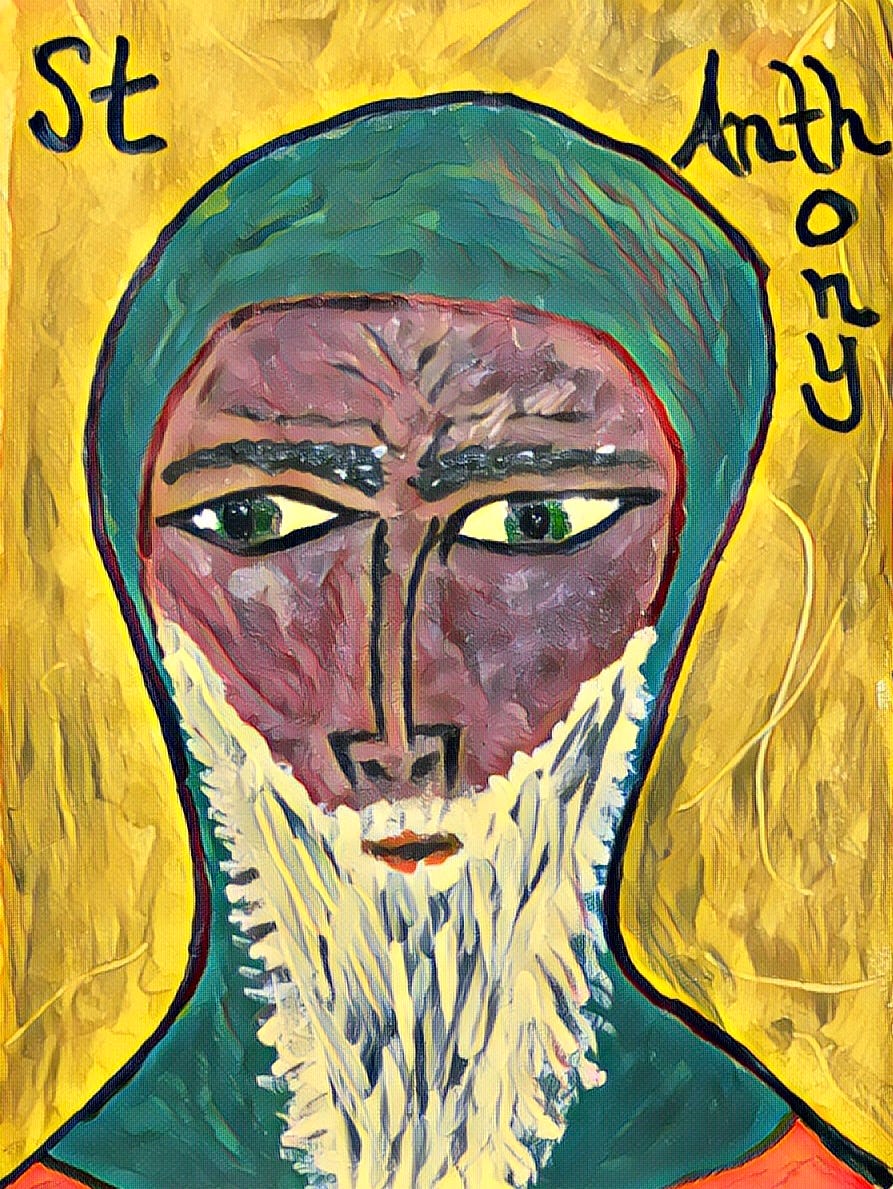“I saw the snares that the enemy spreads out over the world, and I said, ‘What can get through such snares?’ Then I heard a voice saying to me, ‘Humility.’”
Yesterday was the feast for St Anthony of Egypt, also known as St Anthony the Great and Abba Anthony of the Desert, the Father of All Monks (he is also the patron saint of our diocese). He is the bes…
Keep reading with a 7-day free trial
Subscribe to Speakeasy Theology to keep reading this post and get 7 days of free access to the full post archives.




